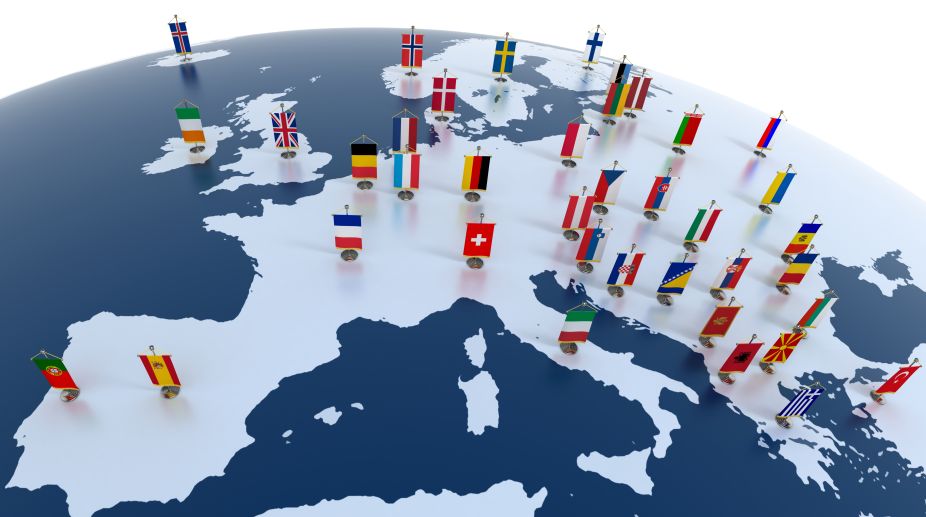It is a curious phenomenon of the twenty first century that the world is going global but many inhabitants of our planet are turning inwards, protectionist and provincial. The United States under President Trump is certainly and surely turning ultranationalistic, and the United Kingdom has already reverted to small island status separated from Europe with its vote in favour of Brexit.
Many right wing political parties in France, who command considerable public support, wish to exercise an option to leave the European Union. Right wing parties throughout Europe are gaining strength. Globalisation, that has been to the benefit of many countries, is in many parts of the planet turning to localisation.
Advertisement
Some major countries, including those famous for their melting pot cultures as a result of open societies, are advocating a policy of closing their doors even to close neighbours. It appears that President Trump of the USA has forgotten that his country’s immigrants include not only his own father but persons like Albert Einstein, the pioneer of modern physics.
Isolationism in the US is strong and getting more visible, and stems, of course, from insecurity and fear that foreigners, from wherever they come, will take away jobs and livelihoods.
This is the worst disease to which any civilized nation can succumb. Recent history has shown that enmities need not be ever-lasting. With a Schengen visa, one can travel from one European Union country to the other in an almost borderless continent, but with individual nations retaining distinct cultures of their own.
For example the Greek culture can hardly be more different from the Norwegian. Germany, that fought three bloody wars in Europe in the space of one hundred years, with France as its leading victim, now finds itself closely allied to France politically.
The same Germany, defeated in two devastating ‘World Wars’ has turned out to be the engine of European prosperity and a protagonist of socalled Western values.
France and England having fought with each other for long centuries, now have amicable relations, as shown by the large number of British people who now live in France, and a similar number of French people who work in the UK, mainly in the financial and cuisine sector. But the distant rumble of UK leaving the European Union and France doing likewise may reset the clock by a few centuries.
There is one leading example of how hostile nations can eventually work together for a common goal. The concept of the European Organisation for Nuclear Research (CERN) was born in 1954 after World War II. Germany, the one-time traditional enemy, now turned into a formidable scientific and technological force, helped to build CERN, while non-European countries such as India and Pakistan, themselves perpetually at loggerheads, are associate members.
In his own time, Jawaharlal Nehru, with his lofty idea of a world Utopia echoed Wendell Willkie in calling for global government which eventually took the form of the United Nations. Nehru took upon himself the leadership of the developing nonaligned world, with the goal of peaceful coexistence and living in friendly harmony.
But he was frustrated, first by Pakistan whose two wings were separated geographically by India, and more comprehensively by India’s war with China that could have been avoided if Nehru had showed greater awareness of China’s internal dynamics and flexibility towards China’s offers of compromise.
Despite the world of today and tomorrow being far from Nehru’s dreams of peaceful coexistence and global government, the trends towards globalisation have spurred India to abandon much of its traditional inheritance, prejudice, and religious superstitions, helped by greater fluidity of movement of citizens between different parts of the country and migration abroad, especially to the USA.
India has started aspiring to become a global power, with a growing economy and possibilities of surpassing Japan to become the world’s third largest. This is an example how changing attitudes of a people can shape the country’s destiny. The changes that are evident in the Western world however are in the reverse direction, towards provincialism and xenophobia.
The world is, as always, continuously in flux, and it remains to be seen if the current trends towards insularity and mercantilism prove long-lasting or evanescent.
The writer, a Padma Bhushan awardee, was a Homi Bhabha professor at the Dept of Atomic Energy.











